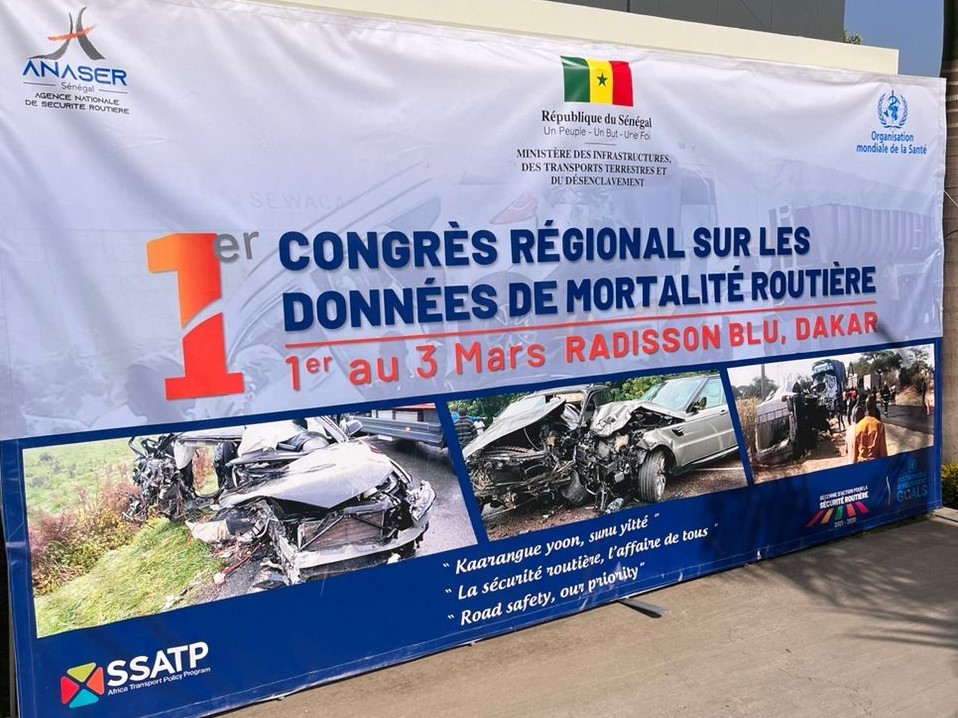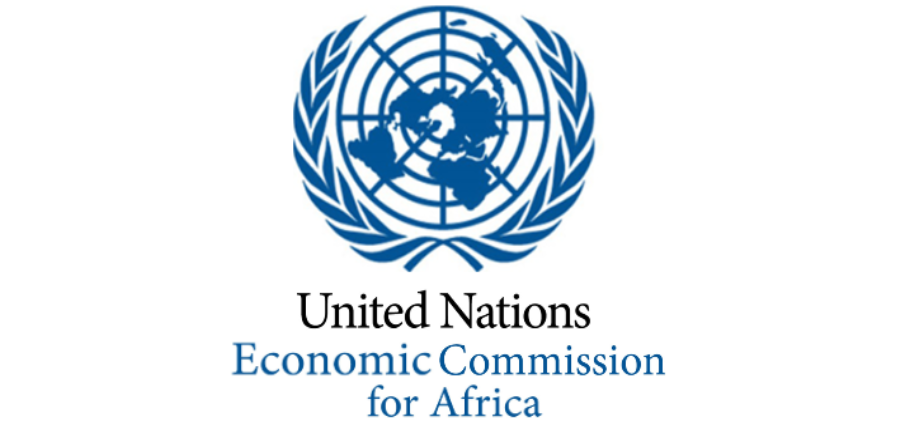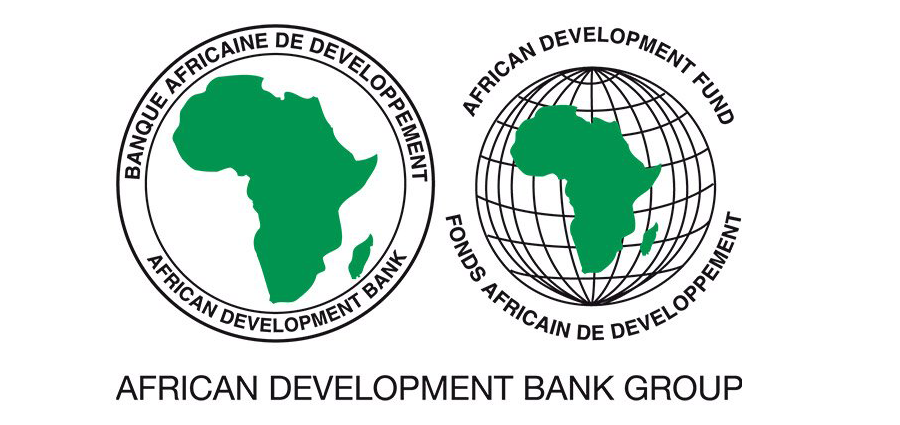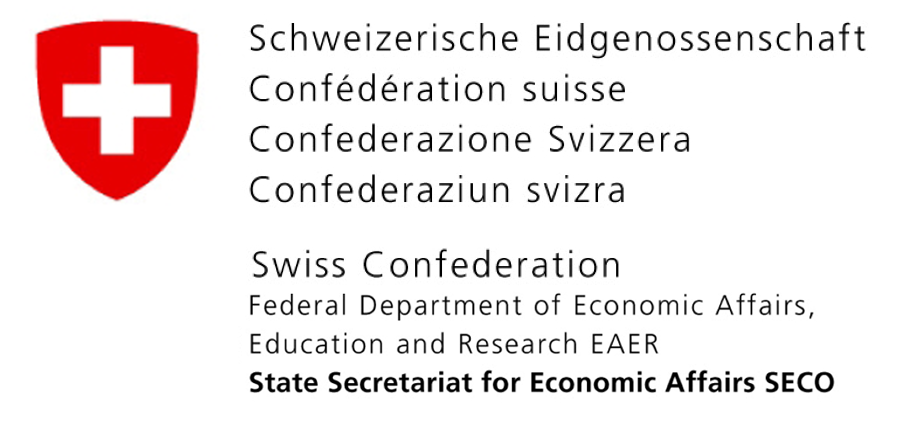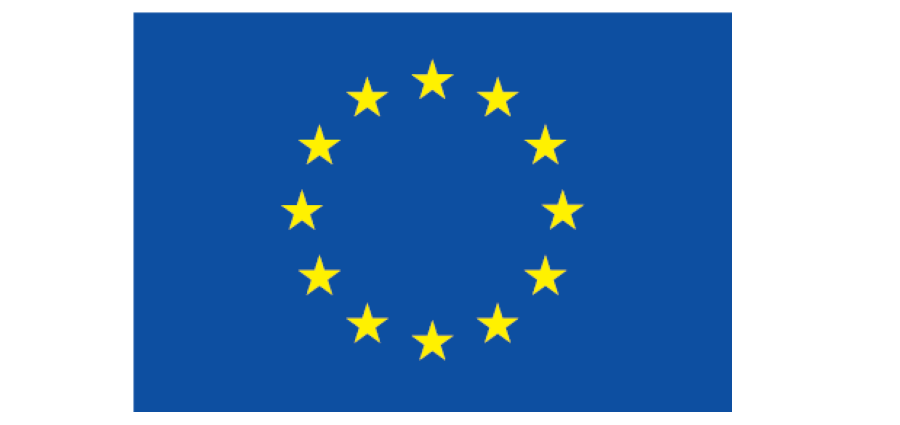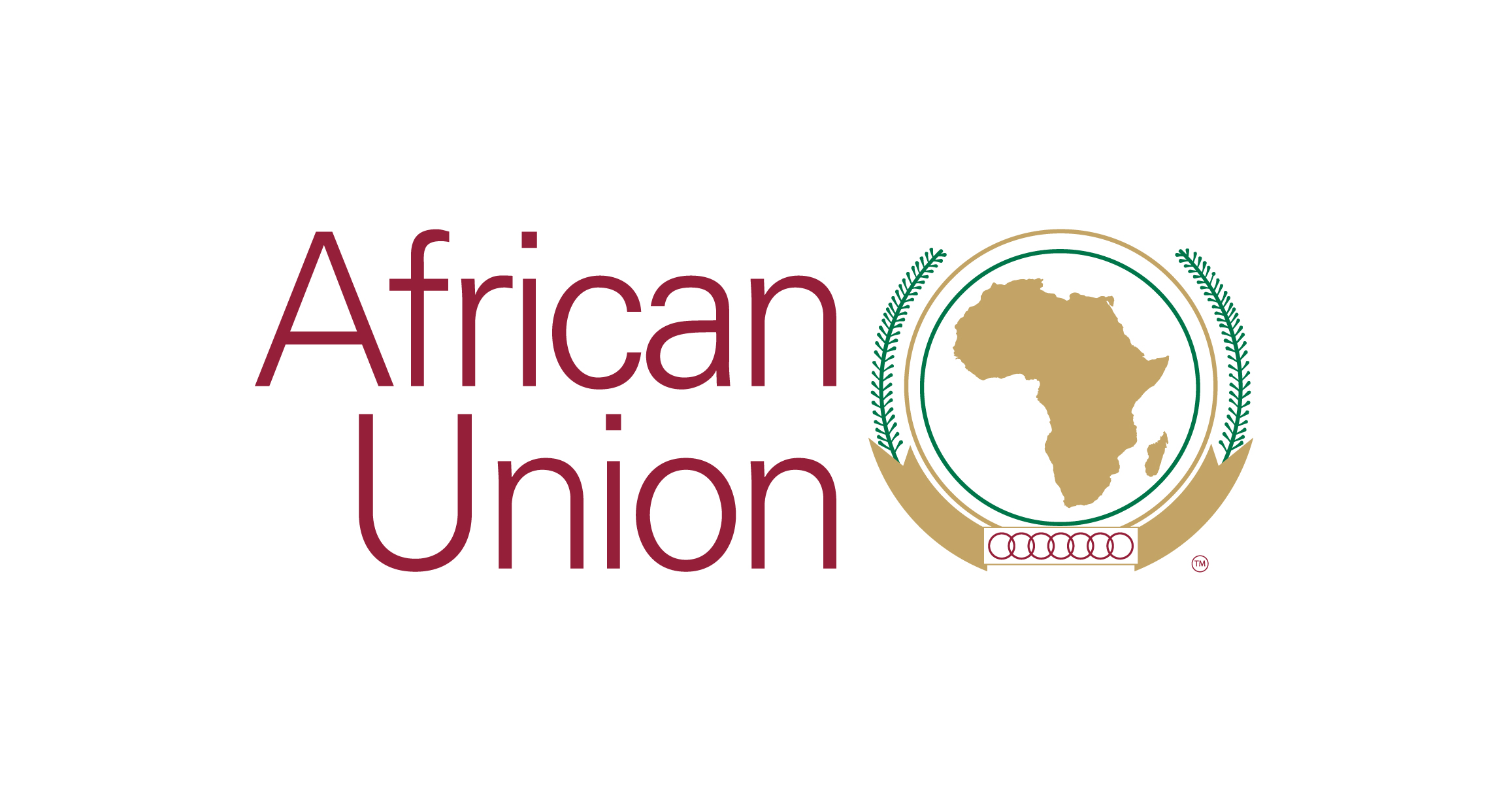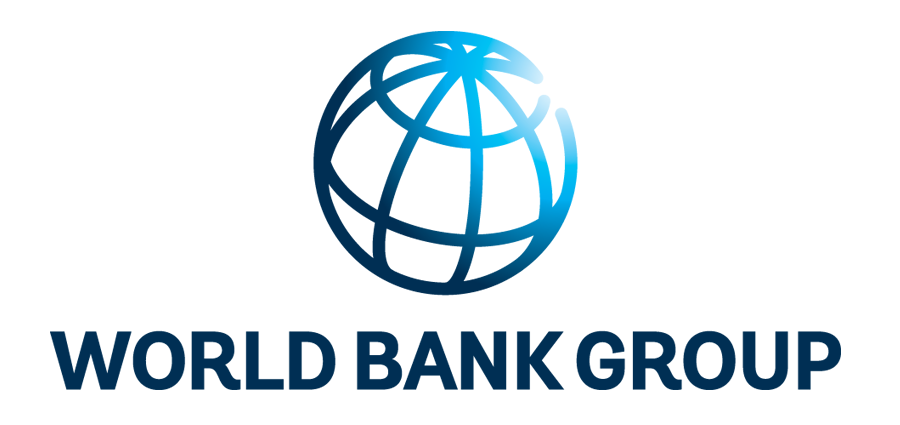Charting a Path to Safer Roads: Senegal's Pivotal Commitment
As Africa faces the highest rate of road fatalities worldwide, the continent confronts an increasingly urgent road safety challenge. Over the past three decades, road traffic deaths have risen by more than 80% in Sub-Saharan Africa, nearly twice the global increase. Pedestrians and cyclists tragically account for the highest proportion of fatalities, representing 44% of all deaths. With surging vehicle ownership (2.3%) and rapid urbanization (46%), Africa's road safety crisis follows an alarming trajectory.
To address this concerning trend, in line with the United Nations Second Decade of Action, African countries have committed to reducing road traffic deaths and injuries by 50% by 2030. Achieving this goal necessitates the sustained and collective efforts of all stakeholders, along with reliable data to inform effective policies and interventions targeting the root causes of road traffic crashes in the region. However, many African countries face significant challenges in data management and harmonization, hindering progress.
1st Regional Congress on Road Mortality Data
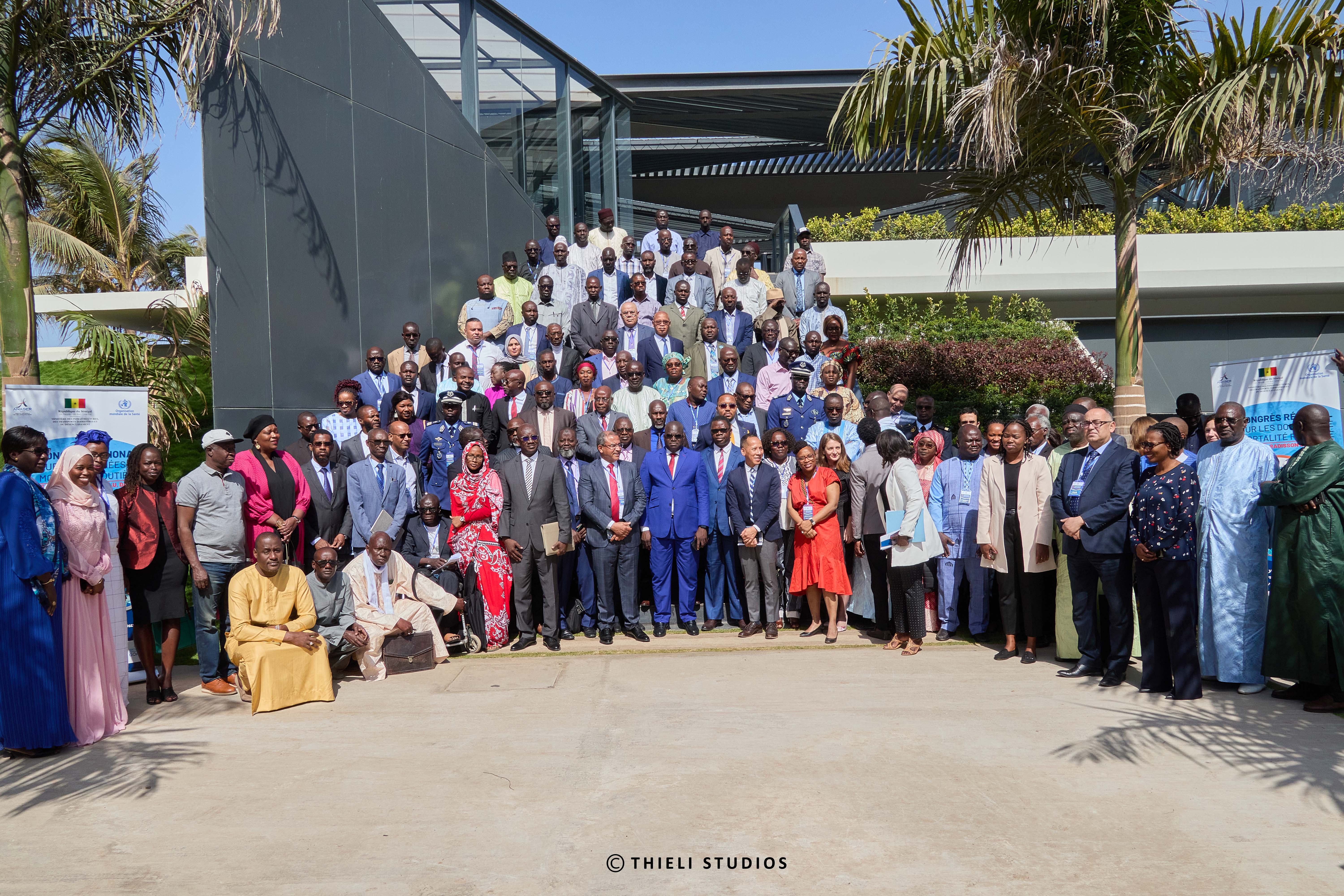 Recognizing the gravity of Africa's road safety situation, a Regional Road Safety Conference on Road Mortality Data was held in Dakar from March 1-3, 2023, under the patronage of the President of the Republic of Senegal. The Ministry of Infrastructure, Land Transport and Opening Up, the National Road Safety Agency (ANASER), and the World Health Organization (WHO) joined forces to host the event. With technical support from the Africa Transport Policy Program (SSATP), Global Road Safety Facility (GRSF), and World Bank, and the participation of the African Union Commission (AUC) and United Nations Economic Commission for Africa (UNECA), the conference brought together over 150 representatives from 21 African countries,1 regional bodies, and civil society organizations. The objective was to address key issues in implementing the Global Plan for the Second Decade of Action for Road Safety 2021-2030 through technical presentations and discussions on the role of lead road safety agencies, legislation, and regional policies, and strengthening data systems to enhance policies and actions.
Recognizing the gravity of Africa's road safety situation, a Regional Road Safety Conference on Road Mortality Data was held in Dakar from March 1-3, 2023, under the patronage of the President of the Republic of Senegal. The Ministry of Infrastructure, Land Transport and Opening Up, the National Road Safety Agency (ANASER), and the World Health Organization (WHO) joined forces to host the event. With technical support from the Africa Transport Policy Program (SSATP), Global Road Safety Facility (GRSF), and World Bank, and the participation of the African Union Commission (AUC) and United Nations Economic Commission for Africa (UNECA), the conference brought together over 150 representatives from 21 African countries,1 regional bodies, and civil society organizations. The objective was to address key issues in implementing the Global Plan for the Second Decade of Action for Road Safety 2021-2030 through technical presentations and discussions on the role of lead road safety agencies, legislation, and regional policies, and strengthening data systems to enhance policies and actions.
Road safety leaders adopt the Dakar Declaration
At the conclusion of the three-day event, delegates adopted the "Dakar Declaration," which called for support from the African Union, WHO, SSATP, GRSF, UNECA, and development partners to strengthen data on road traffic fatalities in Africa. The Declaration rallied support for:
- Strengthening systems for collecting and processing road crash data.
- Ratifying the African Road Safety Charter – a crucial pan-African political framework for action and collaboration – to accelerate the establishment and operationalization of the African Road Safety Observatory (ARSO) as a specialized AUC agency.
- Adopting policies to achieve the Decade of Action goal of reducing road traffic deaths and injuries by at least 50% by 2030.
- Encouraging African countries to designate their National Data Coordinators (NDCs) within the framework of ARSO.
- Harmonizing data collection systems and integrating various existing data sources within the framework of ARSO's implementation.
- Enhancing ARSO's data collection and processing efforts and the capacity of NDCs.
- Accelerating the implementation of ARSO's bi-annual roadmap.
- Embracing the "Safe System" approach in ARSO's action plan and processes.
- Strengthening cooperation between African states and cities to pool resources and share knowledge through partnership initiatives.
- Inviting other partners, including the private sector, to devise and implement innovative solutions to major challenges.
- Convening the ARSO Steering Committee to ensure follow-up on recommendations.
Senegal signs the African Road Safety Charter
In concluding the event, Senegal's Transport Minister pledged and has since signed the African Road Safety Charter, bringing ARSO one step closer to becoming a specialized agency under the auspices of the AUC. With Senegal's signature, a total of 12 African states have signed onto the Charter, including Benin, Cameroon, Eswatini, Ethiopia, Mali, Morocco, Namibia, Nigeria, Niger, Senegal, Togo, and Uganda. At least three more countries need to sign and ratify the Charter for ARSO to become a specialized agency of the AUC.
While this represents a positive development, African countries, and key road safety stakeholders must unite and work together to drive the ambitious and urgent actions necessary to halt the preventable epidemic of road traffic deaths and injuries that plague the continent.
VIEW: Event Presentations & Photos
[1] Benin, Burkina Faso, Cameroon, Chad, Ivory Coast, Ethiopia, Gambia, Ghana, Guinea, Guinea-Bissau, Kenya, Lesotho, Liberia, Mauritania, Morocco, Niger, Nigeria, Senegal, Sierra Leone, Togo, and Tunisia.
